Tourism industries need to transform their marketing strategies to reply to the changing digital market's demands for attracting customer attention. Current travelers find destinations through the internet while also using it to design their trips and reserve their travel services. Digital marketing now holds an essential role in the tourism industry because of modern-day advancements. All businesses in tourism operations benefit from developing robust online branding because it helps them create market differentiation. This Blog post analyzes digital marketing approaches that drive tourism enterprises toward increased success and expansion.
Understanding the Tourism Industry's Digital Landscape
The tourism industry is competitive, and businesses need to understand how to successfully establish meaningful relationships with their target audience in the digital space. Digital marketing comprises all online activities: social media, search engine optimization (SEO), email marketing, to mention a few. Travelers today can access information and reviews-influencing their decision-making-in real-time, thanks to the rise of smartphones and social media.
Today's travelers are tech-savvy and rely heavily on digital platforms to research destinations, read reviews, compare prices, and book trips. They want personalized experiences and expect companies to be visible online. This switch has driven companies to rethink their systematic approaches and become more devoted to an amalgamation of digital solutions. As a result, today's digital marketing trends have become paramount in tourism enterprises, as keeping updated is highly essential.
Key Digital Marketing Strategies for the Tourism Industry
Tourism businesses should adopt several powerful digital marketing approaches to boost customer reach and raise sales volume.
1. Search Engine Optimization (SEO)
The process to enhance your website’s ranking on Google search results operates under Search Engine Optimization (SEO). People typically select the first search results that appear during their destination and service queries. Users tend to disregard websites that are not located within the first search result pages thus losing relevant prospects. Through SEO a business gains visibility by using appropriate keywords and developing useful content while ensuring full user compatibility.
When you improve your website for search engine visibility you will draw more natural website traffic that creates additional booking opportunities. Showing up in front of people who wish to travel remains an essential part of your tourism business strategy enabled by SEO.
2. Social Media Marketing
The social media platforms Instagram and Facebook support Twitter enabling tourists to reach broad audiences through these channels. Traveling individuals prefer to share their stories on social networks which enables businesses to start conversations with their target audiences. You should display stunning destination images or publish valuable travel suggestions and feature pleased customer feedback on your pages.
Social media marketing demands the development of material that captivates your client base. Academic institutions can leverage paid promotional content on various social media outlets to reach audience segments composed of travel enthusiasts or those planning trip activities. Your services will reach new segments of audiences and receive wider publicity when you participate with influencers or travel bloggers.
3. Email Marketing
Email marketing enables customer communication through updates and special offers promotions. You can use acquired email addresses from customers and website visitors who allow permission to send customized messages that motivate trip bookings while offering newsletter subscriptions and discount deals.
Emails can be used for various purposes, including sending newsletters with travel tips, promoting holiday packages, or reminding customers about upcoming events or promotions. Make sure your emails are well-designed and contain a clear call to action (CTA), such as “Book Now” or “Get 20% Off Your Next Trip.”
4. Content Marketing
The practice of content marketing helps businesses develop beneficial written materials that draw in and maintain their preferred customers. The tourism industry requires content creators to produce articles that explain destinations and publish customer profiles and destination guides for travel promotion. Your trust relationship with potential customers will grow while your travel industry position as the authority becomes more established through well-prepared content.
Your content strategy should include video production with travel advice as well as infographics that present both information about travel recommendations and the benefits of your destination. Producing travel content materials that address common questions along with delivering helpful information proves essential for attracting visitors. Attracting more visitors and keeping them interested will happen naturally when you execute these tactics because they will lead more customers to book with your travel business.
5. Pay-Per-Click (PPC) Advertising
The advertising method known as PPC demands payment from advertisers each time users click their displayed ads. Two popular platforms to conduct Pay-Per-Click advertising campaigns are Google Ads together with Facebook Ads. The advertising content shows up both during searches involving travel words and while users scroll through their social media sites.
You can set PPC advertising to target particular keywords together with specific audience segments through its functions. The platform lets you select users who indicate their desire to explore a specific city or nation. Your website receives instant visitors through PPC campaigns yet they prove useful during promotions of short-time offers and special events.
6. Influencer Marketing
Social media influencers along with travel bloggers serve as business partners in marketing activities for product or service promotion. Social media influencers operate platforms that nurture trust between them and their audience segments of great numbers. Choosing influencers matching your brand will help you expand your company's visibility thus bringing in more customers.
Travel influencers express their experience feedback to followers and motivate different viewers to visit similar destinations while using identical hospitality services. Constructing brand awareness through follower-oriented promotions is an effective strategy to reach fresh customer segments while generating market excitement.
7. Online Reviews and Reputation Management
People who travel today depend significantly on online reviews to make their decision choices. The presentation of positive reviews leads prospective guests to make reservations yet negative reviews have the power to drive customers toward your competitors. Online reputation needs proper management through appropriate action towards all types of customer reviews including positive and negative feedback.
Your customers should submit reviews on Google and TripAdvisor as well as the Yelp.com platform. Interactive responses to reviews should be both polite and professional to showcase your investment in customer feedback. Building trust as well as credibility for your business can result from properly managing your online reputation.
Future Trends in Digital Marketing for Tourism
The digital marketing trends for tourism continue their evolution with each advancement of technology. Multiple trends developers need to monitor include the following:
1. Virtual and Augmented Reality (VR/AR)
Users can experience and assess hotels as well as destinations through Virtual and Augmented Reality technologies before purchasing. Online visitors can make better decisions while having greater confidence in their selections through the provision of this information.
2. Artificial Intelligence (AI)
AI serves two functions in chatbots and also provides personalized recommendation services. By implementing AI technologies travel companies gain the ability to deliver immediate support along with users-specific recommendations and automated replies to customer questions.
3. Voice Search
Voice assistants including Alexa and Google Assistant have prompted the ramped popularity of voice-search features according to recent market trends. Voice search optimization enables businesses to discover new customer groups while remaining competitive in the market.
4. Sustainability Marketing
Sustainable strategies should be highlighted by businesses because environmentally-conscious travelers seek this as a vital reason to choose their services. Customer base expansion results from showcasing environmentally friendly strategies together with responsible travel practices to customers concerned about sustainability.
Conclusion
Online advertising has turned into a prerequisite for success in tourism. From SEO to social media marketing, content, and influencers possible channels to inform and engage your audiences are endless. More visibility means increased potential for tourism businesses to attract customers and, hence, bookings. Staying ahead of digital trends will ensure competitiveness and continued growth for tourism in the ever-changing industry.
Tourism businesses must adapt and apply these strategies to become relevant in the fast-changing digital world. The future of tourism marketing will be digital marketing and any business that chooses to embrace it will succeed.
Now, if you want to know about Digital Marketing or the Tourism Industry, then you can contact us at All Hind Info Tech (AHIT).







.webp)

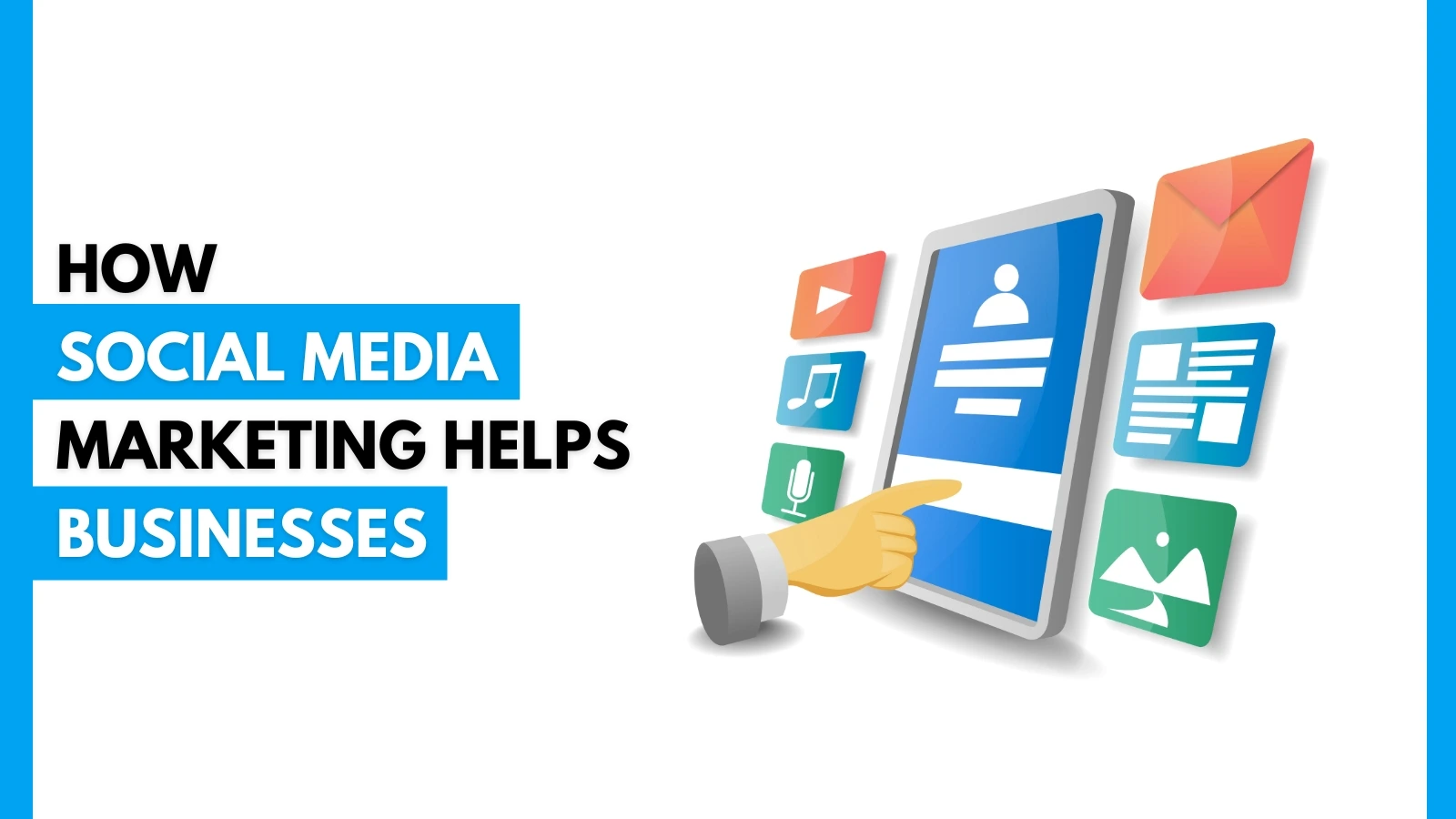

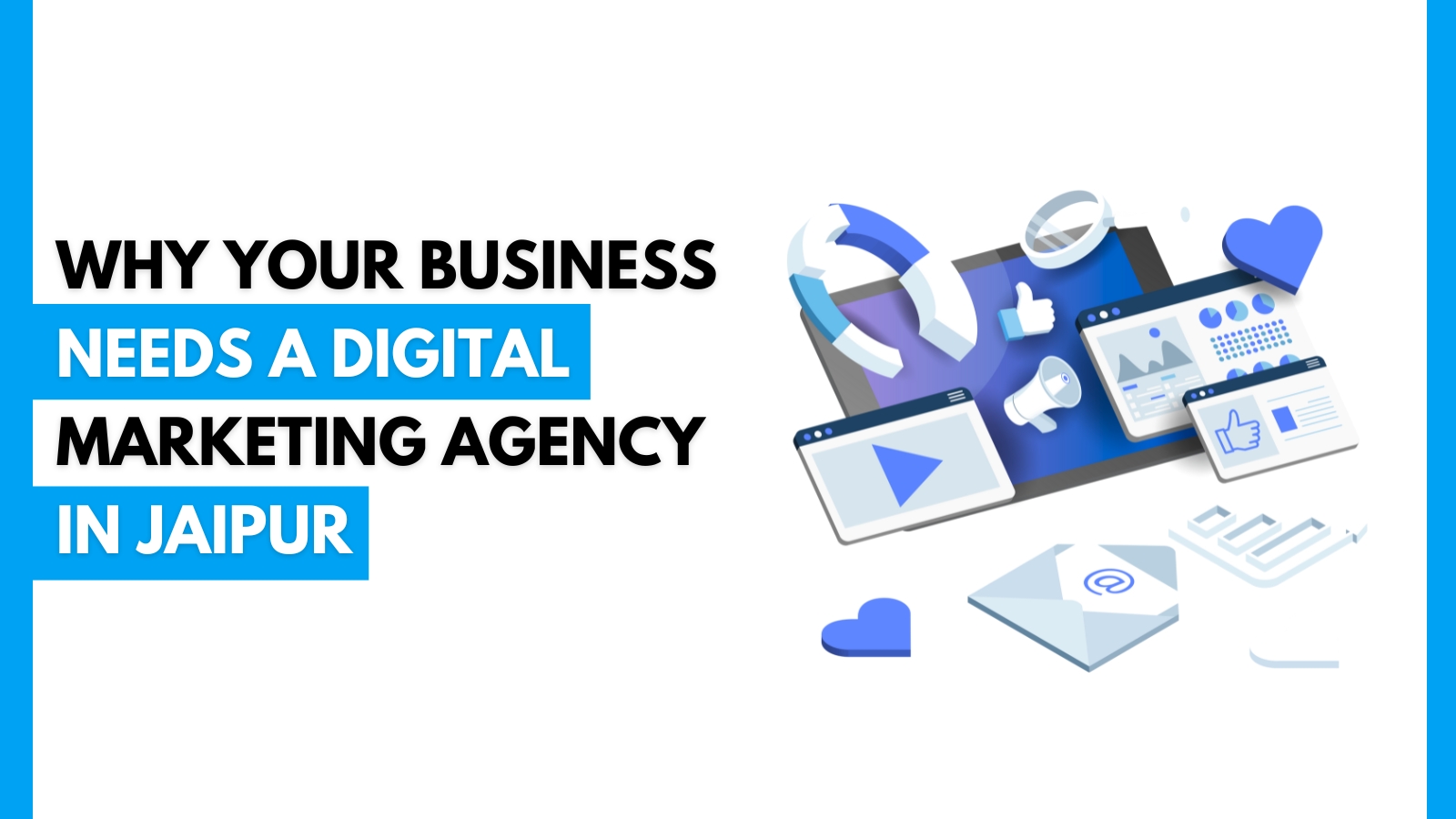
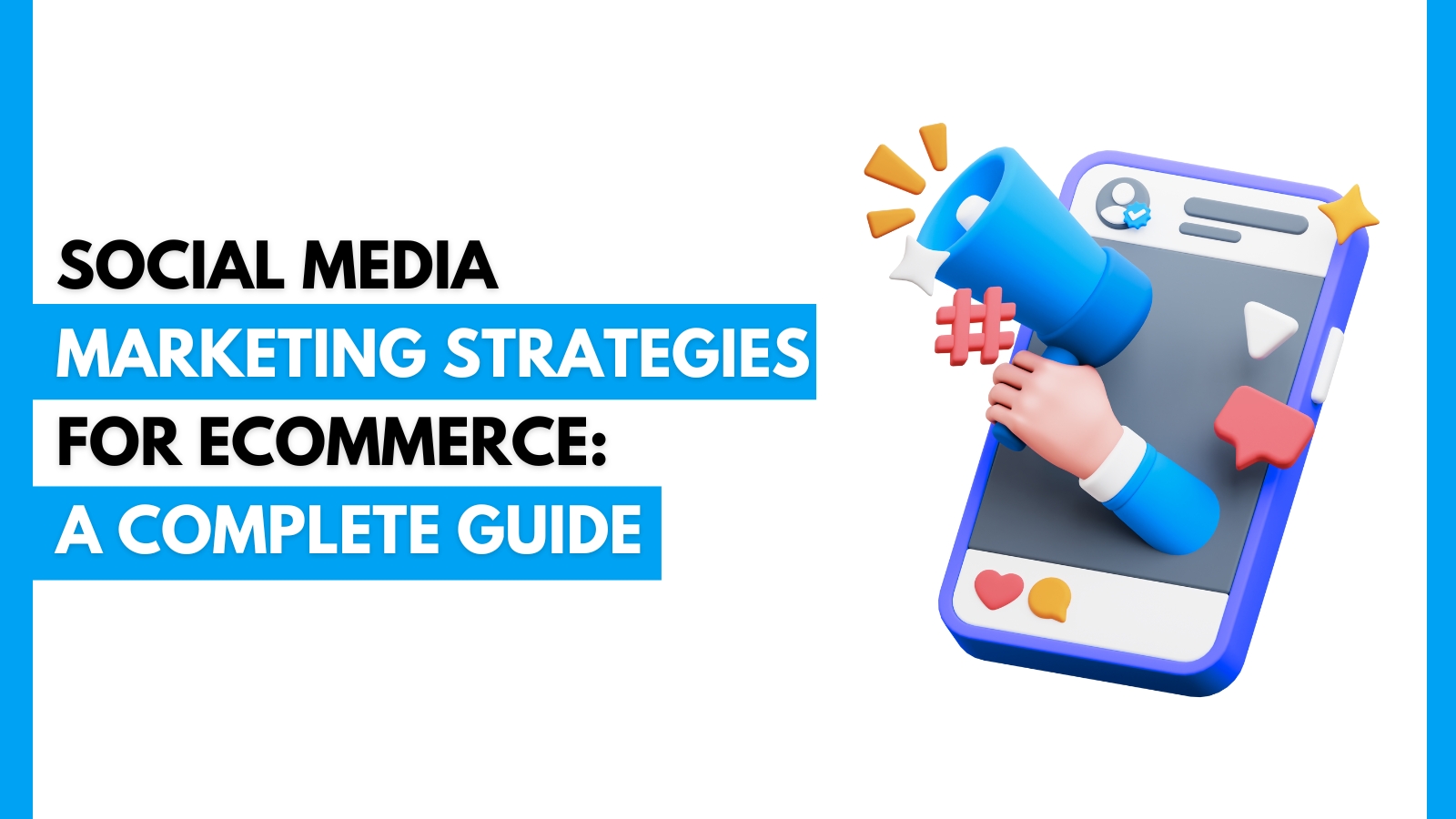

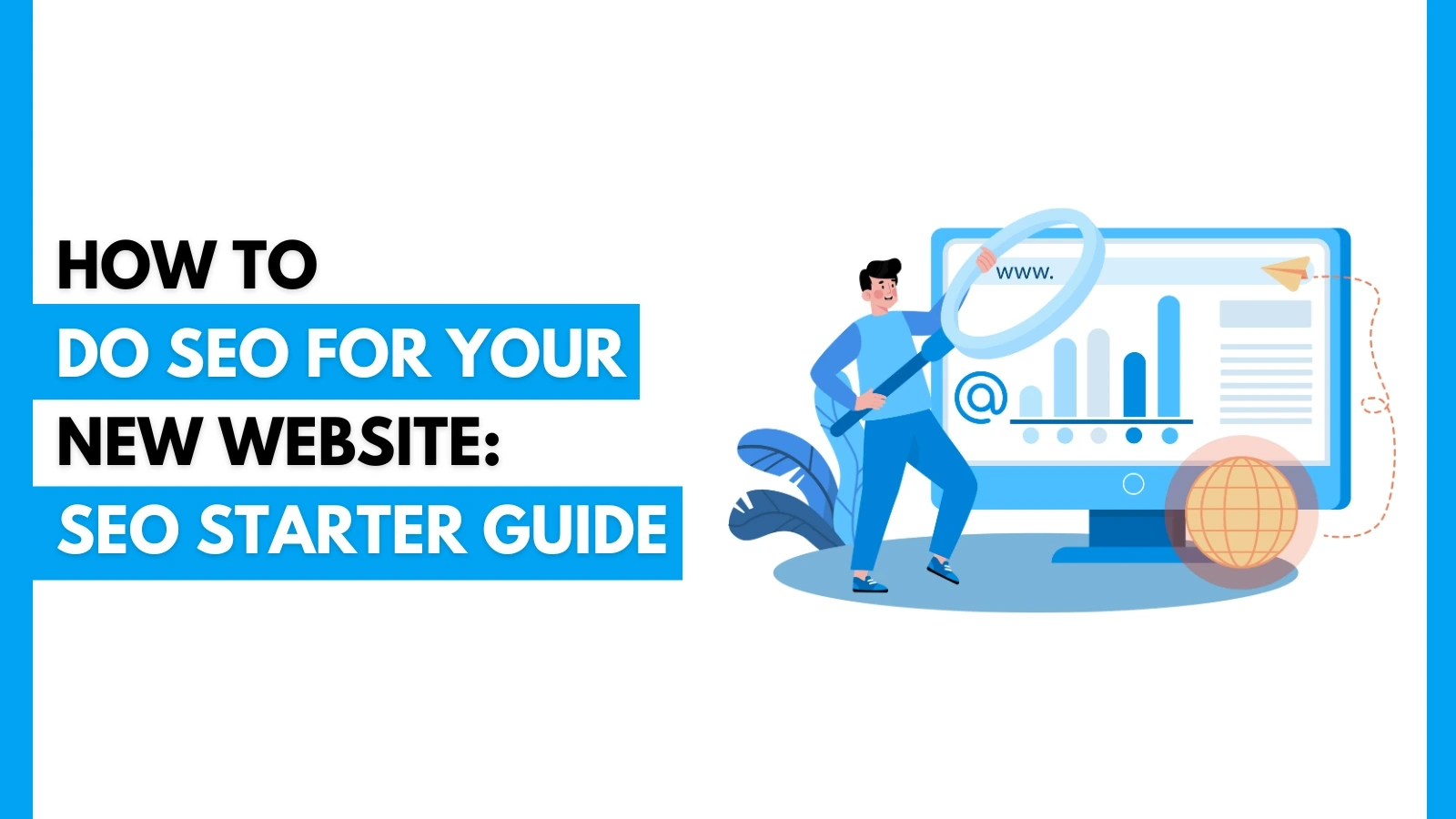
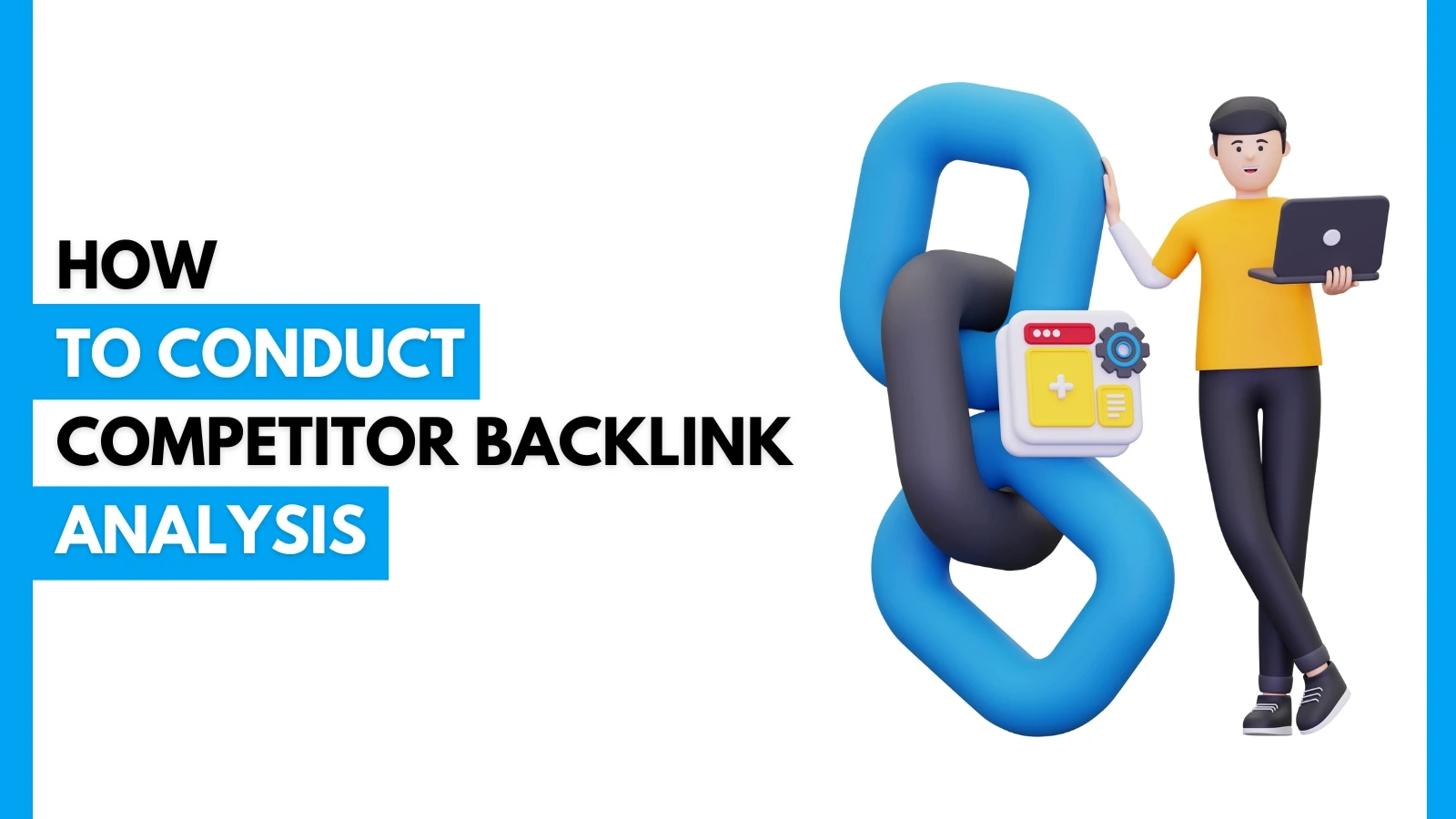


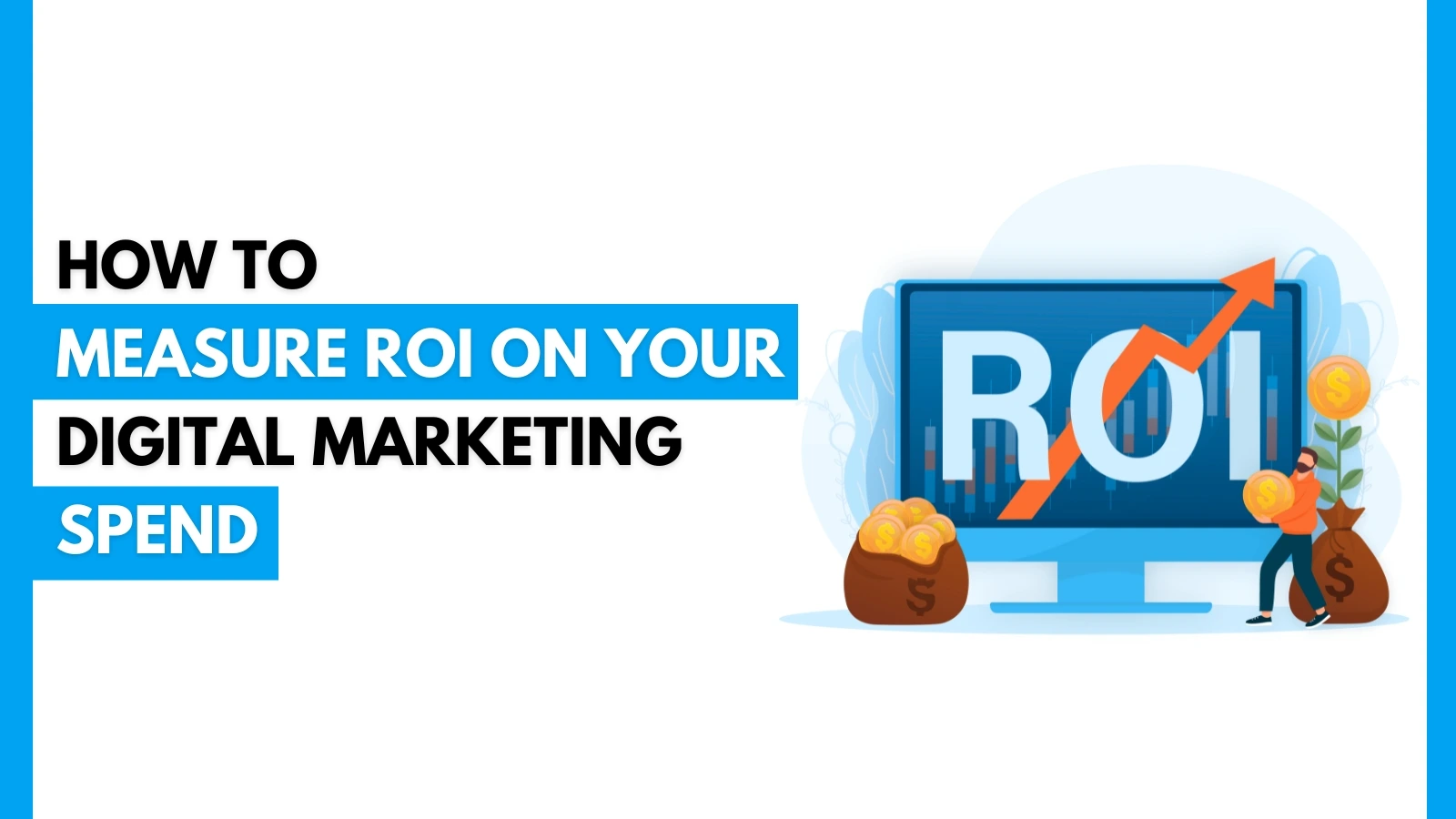

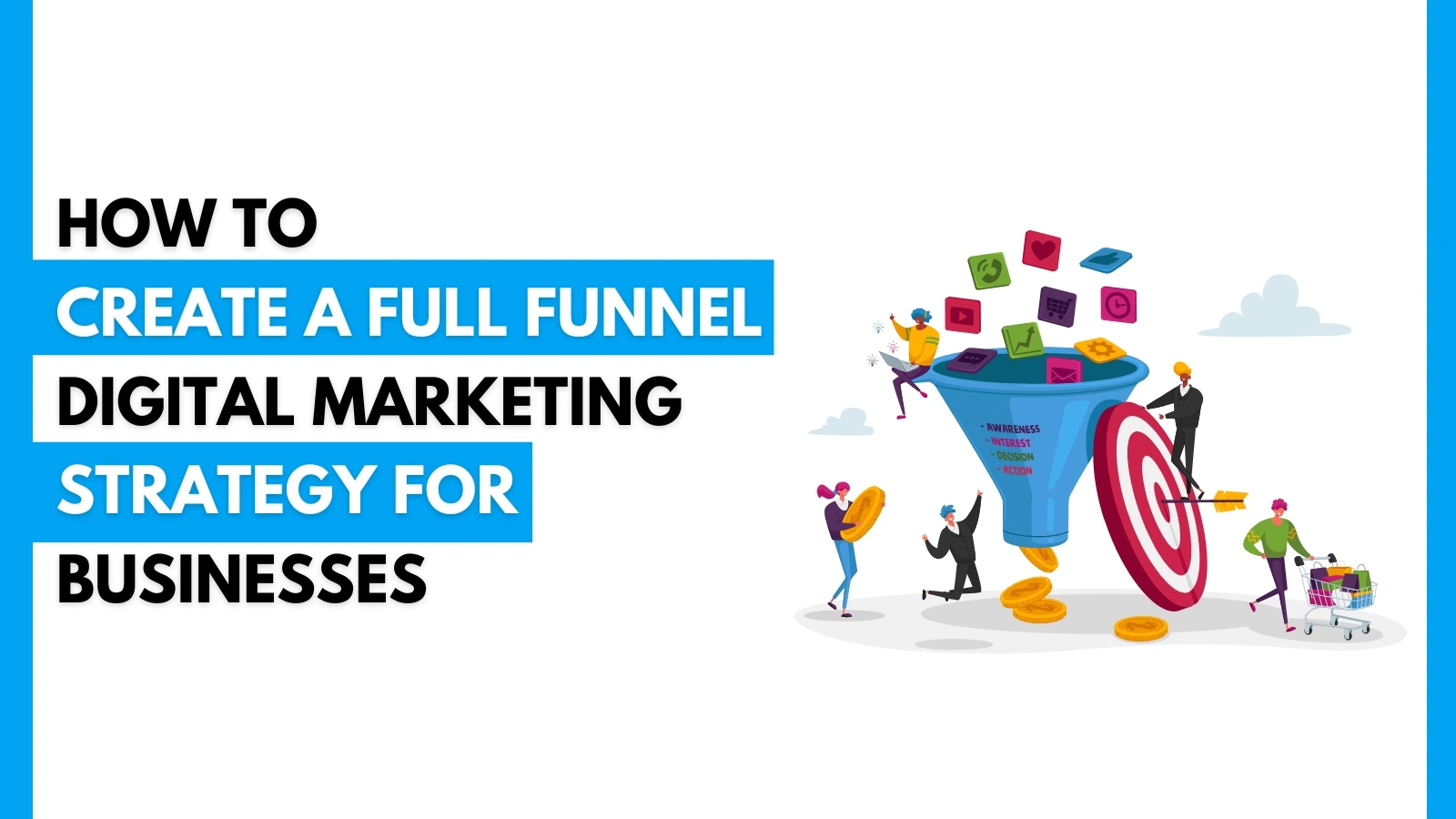
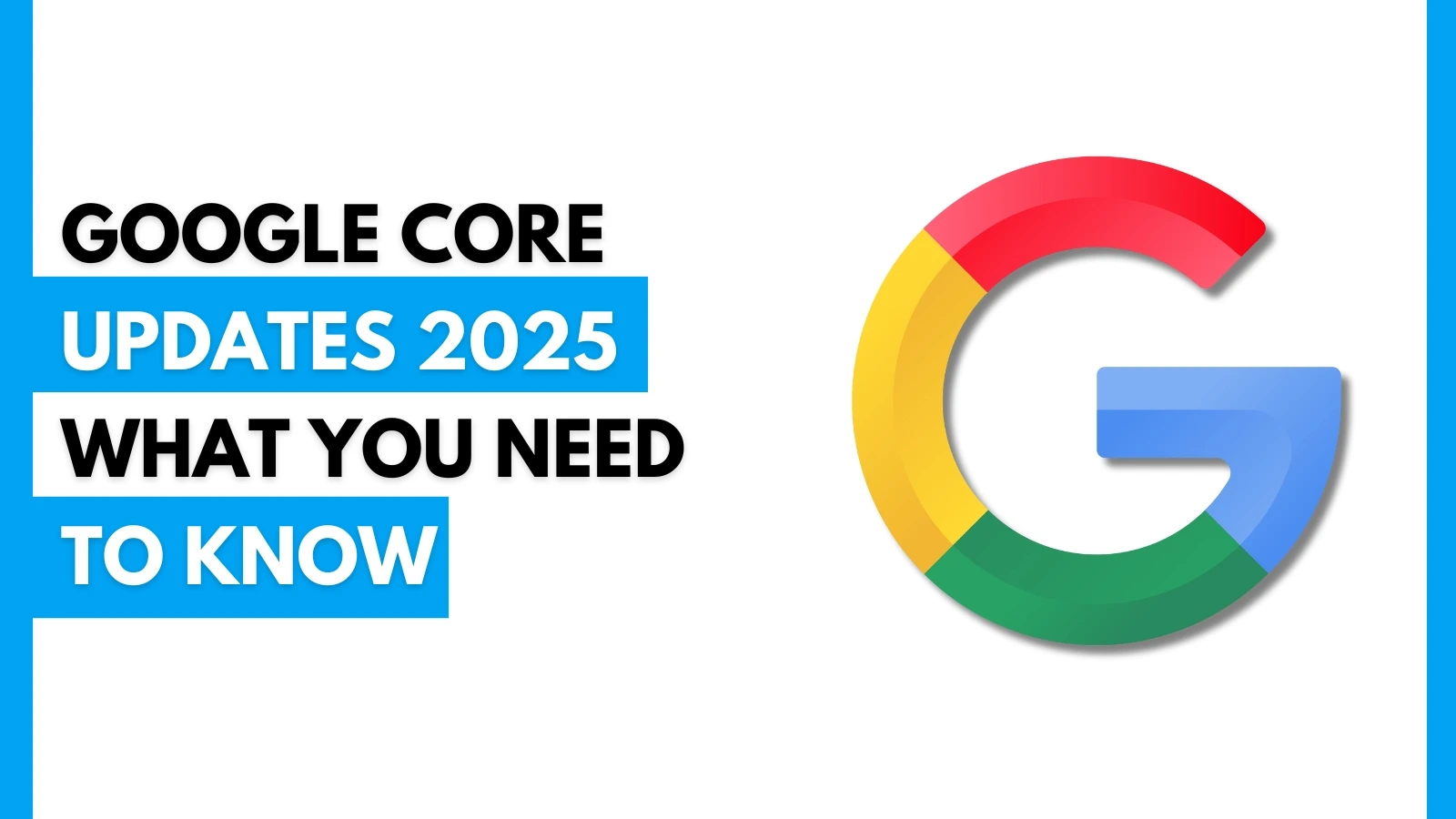
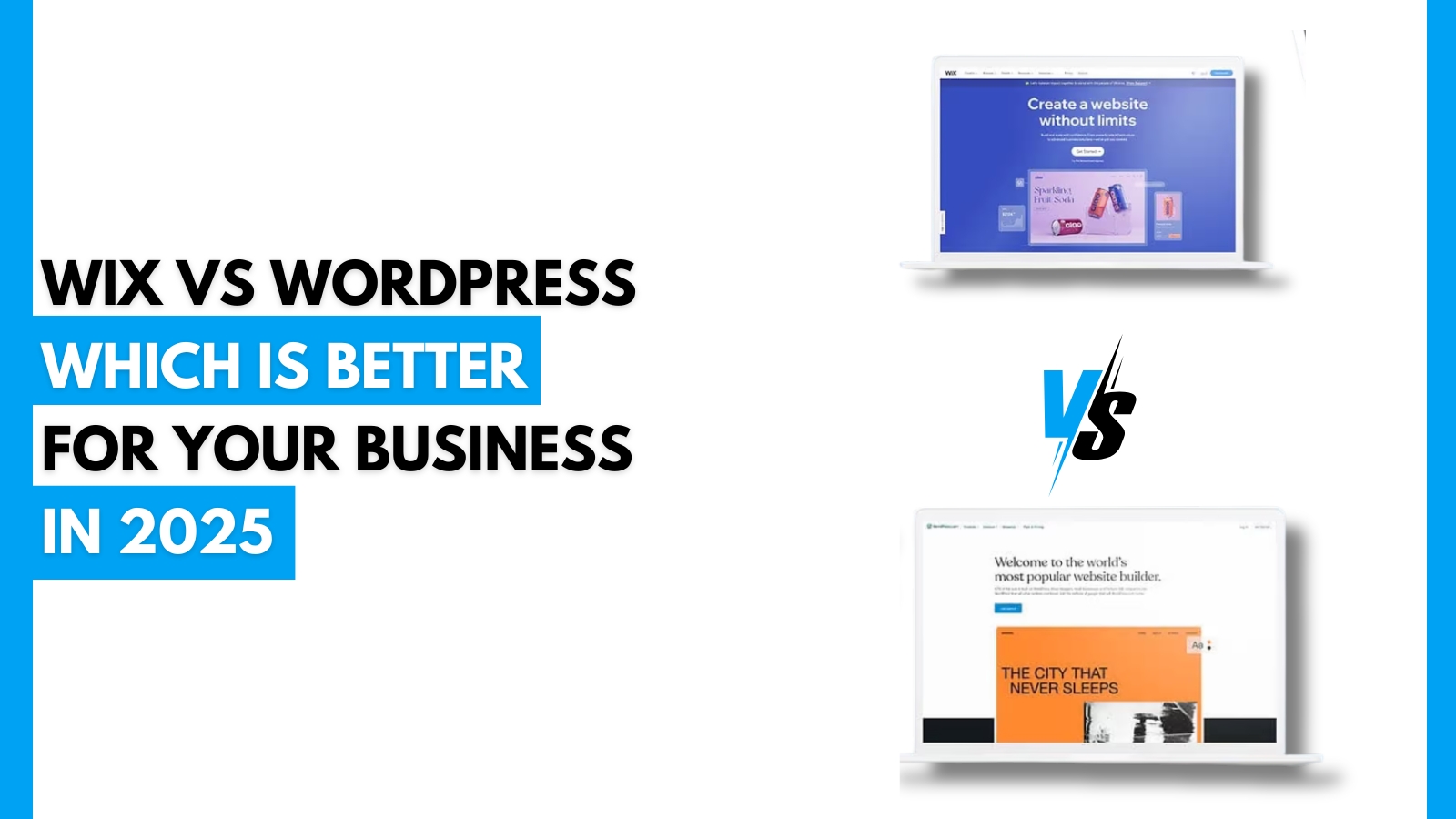




.webp)






















 A Complete Guide.webp)










































.jpg)










 Efficiently.jpg)
.jpg)
























.jpg)
.jpg)
























.jpg)


















.jpg)
.jpg)




























.webp)





.jpg)


















 Campaign.jpg)




.jpg)

.jpg)

.png)



.jpg)



.jpg)
.jpg)
.jpg)



.jpg)








.png)
.jpg)




.jpg)

.jpg)
.jpg)


.jpg)


.jpg)



.jpg)





















.jpg)














.png)





















.jpg)






.png)

.png)



.png)

.png)
.png)



.png)
.png)
.png)
.png)
.png)

.png)
.png)
.png)
.png)
.png)
.png)
.png)
.png)
.png)
.png)
.png)

.png)
.png)
.png)
.png)
.png)
.png)
.png)
.png)
.png)



.png)
.png)
.png)

.png)
.png)
.png)
.png)
.png)
.png)
.png)
.png)
.png)
.png)
.png)
.png)
.png)
.png)
.png)
.png)
.png)
.png)
.png)
.png)
.png)
.png)
.png)
.png)
.png)
.png)
.png)
.png)
.png)
.png)
.png)


.png)
.png)

.png)
.png)
.png)
.png)
.png)
.png)
.png)
.png)
.png)
.png)
.png)
.png)
.png)
.png)
.png)
.png)
.png)
.png)
.png)
.png)

.png)
.png)
.png)

.png)
.png)
.png)
 (1).png)
.png)
.png)
.png)
.png)
.png)
.png)
.png)
.png)

.png)

.png)
.png)
.png)
.png)
.png)
.png)
.png)

.png)
.png)
.png)
.png)
.png)
.png)
.png)
.png)
.png)
.png)
.png)
.png)
.png)
.png)
.png)
.png)


.png)
.png)
.png)
.png)
.png)
.png)
.png)

.png)
.png)
.png)
.png)
.png)
.png)
.png)
.png)
.png)

.png)
.png)

.png)
.png)
.png)

.png)
.png)
.png)

.png)
.png)
.png)
.png)
.png)
.png)
.png)
.png)
.png)
.png)
.png)
.png)
.png)
.png)
.png)
.png)
.png)
.png)
.png)